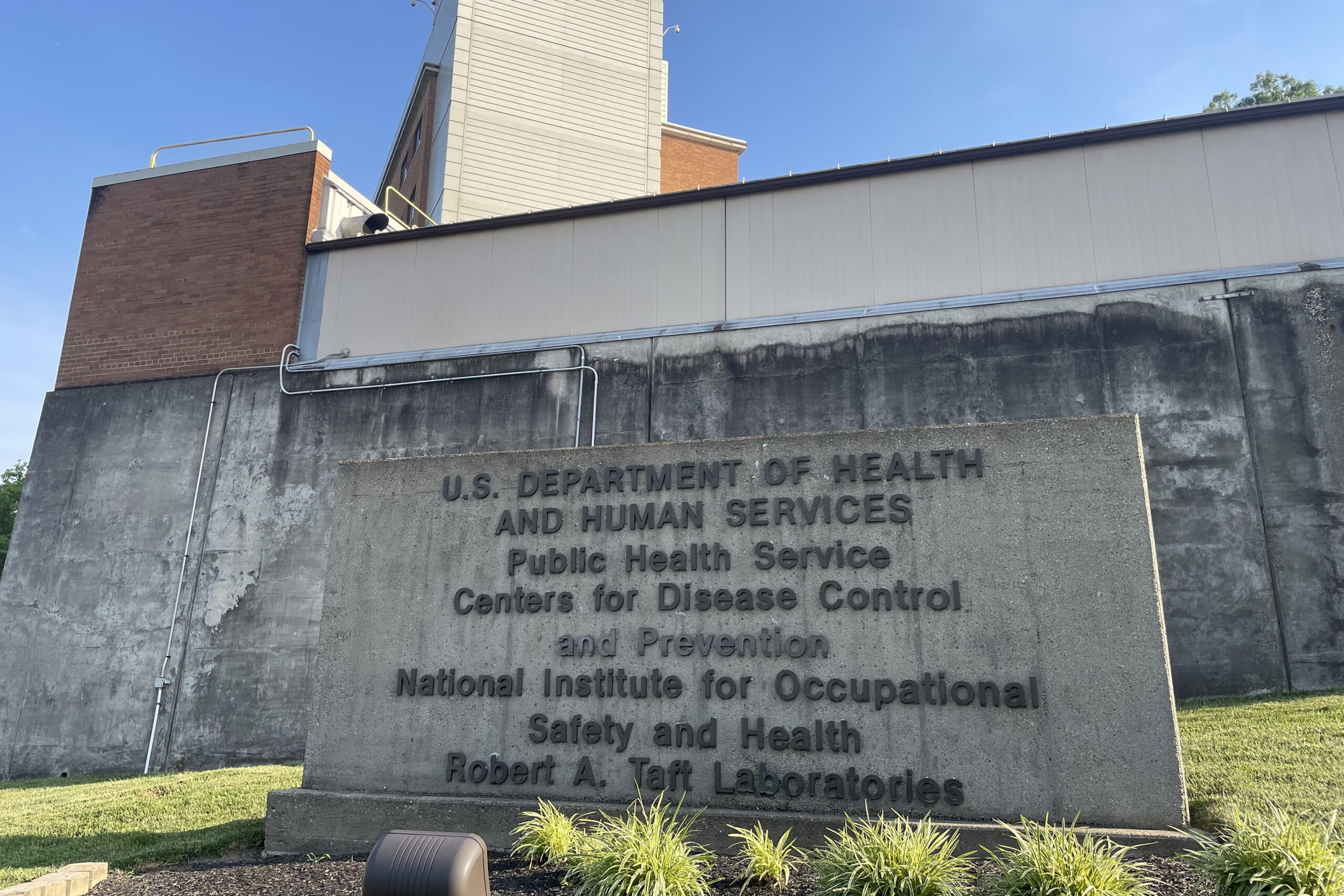Click here to chat with me!
Search our website now
Latest Posts
Remote patient monitoring lets healthcare workers watch patients’ health data outside of clinics. This often uses devices like wearable sensors, smartwatches, and home monitoring systems. When AI is added to RPM, it does more than just collect data. It helps find health problems early, provides personalized care, and uses resources better. Early Detection of Health Issues One key benefit of AI in RPM is that it can study ongoing health data from patients with long-term illnesses like diabetes, heart disease, and high blood pressure. Using machine learning, AI can spot unusual patterns that show early warning signs of health problems. For example, heart or brain issues can be found before symptoms appear. Doctors can act quickly to prevent hospital stays or emergency visits. Research shows that AI-powered RPM has reduced hospital visits by 11% and emergency admissions by 25% in care homes. This helps healthcare leaders manage large groups of patients better. It also lowers healthcare costs while making care safer. Personalizing Treatment Plans AI can combine many kinds of patient data, like electronic health records, genetic info, and social or environmental factors. Using this, AI systems help make treatment plans that change based on the patient’s current condition. For instance, a generative AI model might adjust medicine doses or suggest lifestyle changes based on sensor data or test results. This approach helps treatments work better and makes patients more satisfied. Healthcare managers can use AI personalization to improve care quality and results. This fits well with value-based care models used more and more in the U.S. Predictive Analytics for High-Risk Patient Management AI-driven predictive analytics help find patients who may face serious health problems. Using machine learning and special methods that protect privacy, AI can group patients by their risk level. This helps healthcare systems use resources wisely. High-risk patients get more monitoring and faster care, while lower-risk patients need less. This way of working helps manage patient groups better, cuts costs, and improves health outcomes. Enhancing Medication Adherence One ongoing problem in healthcare is getting patients to take their medicines as prescribed. AI helps by using behavior analysis and chatbots that send reminders and encouragement. These tools watch if patients follow their medication plans and help keep them on track. Better medication adherence lowers complications and reduces hospital readmissions. AI helps healthcare providers get better results and manage medication tasks more smoothly. Mental Health Monitoring and Support AI is also used more for mental health in remote patient monitoring. It can study signals like body data, behavior patterns, and what patients say to find early signs of worsening mental health. For example, analyzing mood in patient messages together with wearable data helps providers predict crises or check how therapy is working. This kind of AI in telepsychiatry improves access to mental health care by overcoming stigma and distance barriers. For mental health managers, AI helps keep care continuous and patients involved. AI-Driven Workflow Automation in Healthcare Operations AI is also making healthcare administrative tasks better, especially for those who manage clinics or IT systems. This helps practices run more smoothly and save time. Reducing Clinician Burnout Through Automation Doctors and staff spend a lot of time on paperwork and admin work. AI automation can cut these tasks a lot. For example, generative AI can reduce charting time by up to 74%. Nurses may save 95 to 134 hours a year thanks to automated support. This lets healthcare workers focus more on patient care instead of forms. It also cuts down backlogs that slow work and cause stress. This is important because many U.S. healthcare workers feel very stressed. Streamlining Claims Processing and Authorization Workflows AI helps with billing and insurance processes by making claims, prior authorizations, and benefit checks easier. This lowers denied claims and speeds up payments, improving cash flow and cutting admin costs. For example, platforms can automate benefit checks and prior authorizations in real time. This makes things smoother for patients and staff. Enhancing Patient Scheduling and Communication AI front-office tools like phone automation and virtual assistants can handle appointment booking, reminders, and questions all day and night. This helps reduce missed appointments by keeping in contact with patients and answering simple questions fast. Automation reduces staff workload, lowers phone wait times, and helps patients get care easily. ✓ Automate Appointment Bookings using Voice AI Agent SimboConnect AI Phone Agent books patient appointments instantly. Claim Your Free Demo Improving Clinical Data Integration AI in healthcare IT improves how data is managed within electronic health records. Tools like speech recognition and natural language processing pull useful info from doctor notes and patient communications. This helps with diagnosis and planning treatments. However, linking AI with different EHR systems is not easy. Good privacy protection under HIPAA is also needed. IT managers must make sure AI vendors use encryption, control access, and do regular security checks. HIPAA-Compliant Voice AI Agents SimboConnect AI Phone Agent encrypts every call end-to-end – zero compliance worries. Unlock Your Free Strategy Session → Supporting Coordinated Care Across Providers AI-powered RPM systems bring together patient data from many sources in real time. This helps care teams work together better and focus on urgent cases. For groups managing patients across multiple doctors or clinics, this data sharing is very helpful. Addressing Privacy, Security, and Ethical Considerations Even though AI offers benefits, there are concerns about privacy, security, bias, and rules. U.S. healthcare must check that AI providers follow HIPAA and other laws tightly, especially when processing protected health info with speech or data tools. Healthcare organizations should require AI vendors to have: Encryption for all data transfers and storage Access controls based on roles and multi-factor authentication Clear policies about data use and patient consent Regular security checks and plans for breaches Ethically, AI must work fairly for all patient groups to avoid increasing disparities. Being open about what AI does helps patients and clinicians trust it in care. Encrypted Voice AI Agent Calls SimboConnect AI Phone Agent uses 256-bit AES encryption — HIPAA-compliant
Ahead of Intelligent Health (13-14 September 2023, Basel, Switzerland), we asked Yurii Kryvoborodov, Head of AI & Data Consulting, Unicsoft, his thoughts on the future of AI in healthcare. Do you think the increased usage of Generative AI and LLMs will have a dramatic impact on the healthcare industry and, if so, how? Generative AI is just a part of the disruptive impact of all AI tech on the healthcare industry. It allows to dramatically reduce time efforts, costs and chances of mistakes. Generative AI and LLMs are applied to automating clinical documentation, drug discovery, tailoring of treatment plans to individual patients, real-time clinical decision support and health monitoring, extracting valuable insights from unstructured clinical records, streamlining administrative tasks like billing and claims processing, providing instant access to comprehensive medical knowledge. And this list continues.
We sat with Benjamin von Deschwanden, Co-Founder and CPO at Acodis AG, to ask him his thoughts on the future of AI in healthcare. Do you think the increased usage of Generative AI and LLMs will have a dramatic impact on the healthcare industry and, if so, how? I think that the strength of Generative AI lies in making huge amounts of information accessible without needing to manually sift through the source material. Being able to quickly answer any questions is going to be transformative for everyone working with increasingly bigger data sets.The challenge will be to ensure that the information we get by means of Generative AI is correct and complete – especially in healthcare – as the consequences of wrong data can be fatal. We at Acodis are actively working on practical applications of Generative AI inside our Intelligent Document Processing (IDP) Platform for Life Science and Pharma clients to drive efficiency and accelerate time to market, whilst controlling the risks.
Intelligent Health 2024 returns to Basel, Switzerland on 11th–12th September. We’ve got prominent speakers. An extensive programme. Groundbreaking advancements in #HealthTech. And much, much more. Our incredible 2024 programme will dive deeper than ever before. From sharing the latest innovation insights to exploring use cases of AI application in clinical settings from around the world. All through our industry-renowned talks, limitless networking opportunities, and much-loved, hands-on workshops. Read on to discover what themes await at the world’s largest AI and healthcare summit.
We sat down with Margrietha H. (Greet) Vink, Erasmus MC’s Director of Research Development Office and Smart Health Tech Center, to ask her for her thoughts on the future of AI in healthcare. Do you think the increased usage of Generative AI and LLMs will have a dramatic impact on the healthcare industry and, if so, how? The integration of Generative AI and LLMs into the healthcare industry holds the potential to revolutionise various aspects of patient care, from diagnostics and treatment to administrative tasks and drug development. However, this transformation will require careful consideration of ethical, legal, and practical challenges to ensure that the benefits are realised in a responsible and equitable manner.













